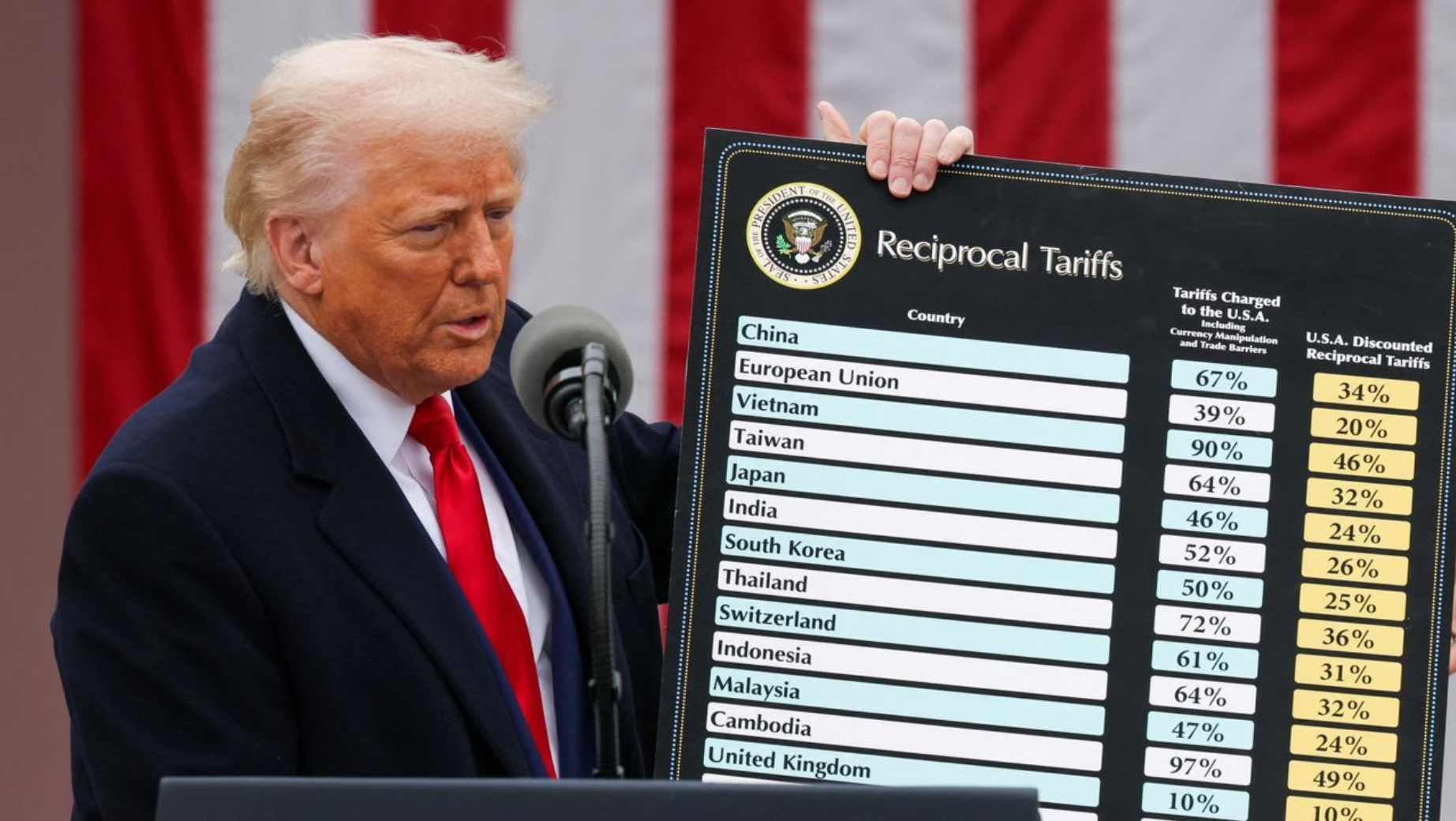Czech Economy Could Face Billions in Losses Amid Trump's Trade War
Prague Morning

Global trade is bracing for disruption as U.S. President Donald Trump prepares to impose sweeping tariffs on a broad range of imported goods.
Estimated at 20% to 25%, the tariffs could spark retaliatory measures and inflict economic losses reaching trillions of dollars worldwide. The Czech Republic is among the nations facing serious fallout.
Trump has branded the tariff plan “Liberation Day,” arguing that the U.S. has been unfairly penalized by the current trade system. The new levies follow previous 25% tariffs on aluminum, steel, and cars.
Trump defends the tariffs as a rightful response to what he sees as unfair trade practices, particularly by the European Union, which he claims imposes higher duties on U.S. products. He has also framed the move as a way to generate revenue to offset corporate tax cuts.
In response, major economies, including the EU, are preparing countermeasures. European Commission President Ursula von der Leyen has stated that while Europe did not start the dispute, it is ready to respond forcefully. Possible EU retaliation could target U.S. tech services, such as Netflix, raising costs for European consumers while hitting American businesses. The EU is also considering measures to shield its steel and aluminum industries from cheaper, tariff-induced U.S. competition.
For the Czech Republic, the stakes are high. The Slovak National Bank estimates that the tariffs could slash Czech GDP growth by up to 2.7 percentage points by 2027.
Instead of the projected 2% growth in 2025, the economy could slow to just 1.6%, with this year’s growth alone potentially reduced by 0.3 percentage points. Over the next five years, the Czech economy could lose between CZK 120 and 150 billion.
Tomáš Prouza, Vice President of the Czech Chamber of Commerce, warns that Czech exporters will struggle as higher prices erode demand for their products in the U.S. Many Czech firms already operate on tight margins, limiting their ability to raise wages or invest in expansion.
Prouza urges the Czech Republic to pivot toward new markets outside the U.S., strengthen support for CzechTrade, and push for reduced bureaucratic barriers within the EU. He also calls for stronger economic diplomacy and an expansion of free trade agreements.
Additionally, Prouza suggests that Europe should strategically target U.S. political and financial interests in its response. He argues that the EU should reconsider its dependence on American military and nuclear technology.
The Czech government is currently in talks with South Korea’s KHNP and France’s EDF over the construction of new nuclear reactors at the Dukovany power plant. Prouza believes prioritizing European suppliers would enhance the region’s energy independence while reducing reliance on U.S. technology.
Would you like us to write about your business? Find out more
-
NEWSLETTER
Subscribe for our daily news










